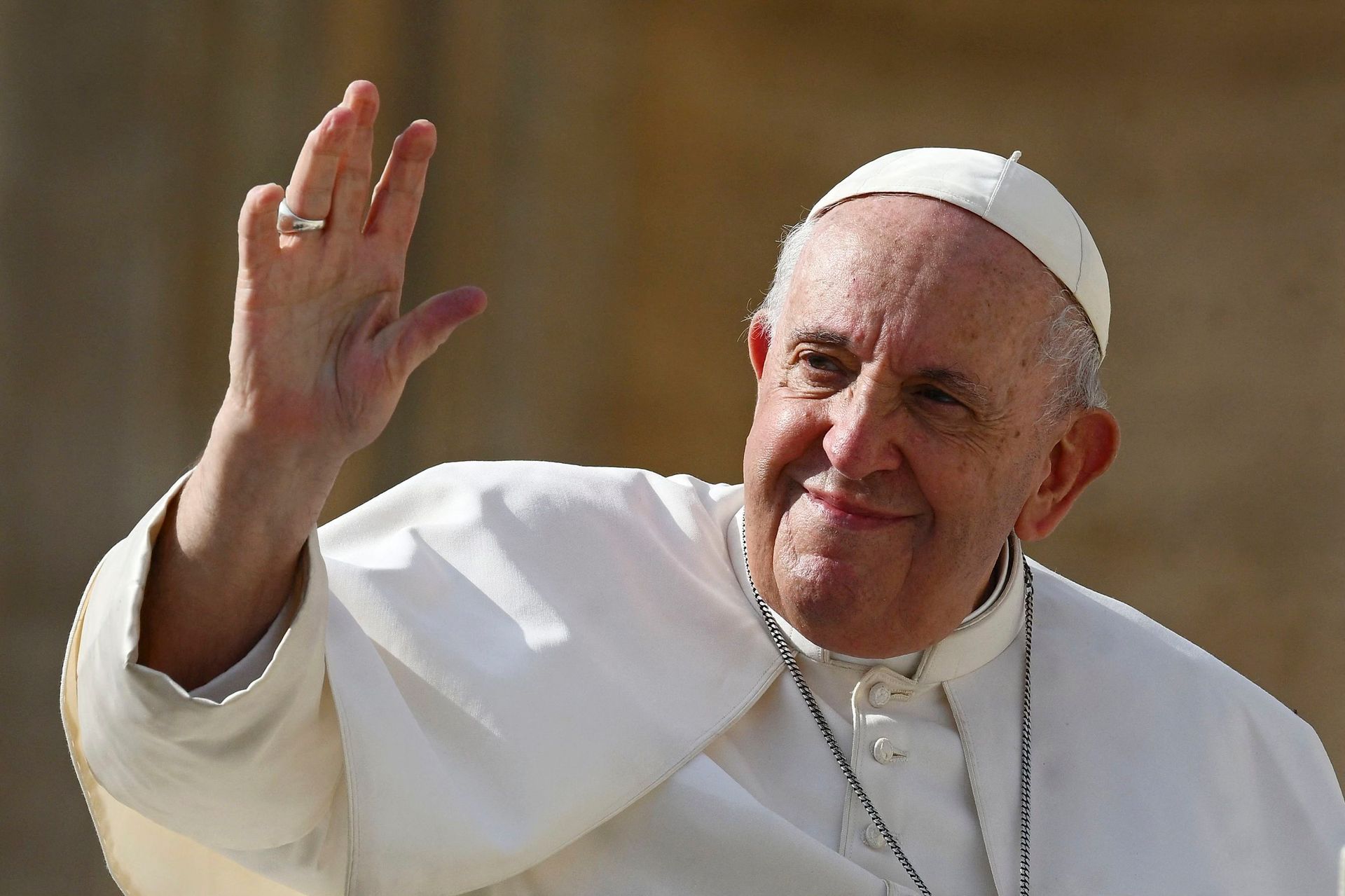By Simple Sentences. Sacred Ground.
•
July 11, 2025
Sometimes, the altar isn’t built of stone. No stained glass. No priest in a robe. Just a hospital room, a folding chair, and the uncomfortable realization that this might be the last real conversation you ever have with someone you love. Not exactly the setting we picture when we think of holiness. And yet—there it is. In one unforgettable episode of THE PITT , the adult children sit at the bedside of their dying father. Someone suggests they tell their dad four simple things. Not a speech. Not a grand gesture. Just four, quiet sentences: I love you. Thank you. I forgive you. Please forgive me. That moment felt like holy ground. No lightning bolt. No choir of angels. But something sacred settled into the air, like grace in street clothes. These four phrases come from the work of Dr. Ira Byock, a renowned palliative care physician who’s spent his life helping people die well—and helping the rest of us not completely blow the chance to say what matters most. In his book The Four Things That Matter Most, Dr. Byock distills a career’s worth of bedside wisdom into a simple but profound truth: when people are dying, what they most need—and what we most need to say—can be boiled down to these four sentences. They don’t fix everything. They don’t erase the past. But they open a door. And often, that’s enough. Dr. Byock’s framework echoes the deeper rhythms of Hoʻoponopono, a traditional Hawaiian practice of reconciliation and restoration. In its original form, families would come together to “make things right” through confession, forgiveness, and mutual accountability—sometimes with the help of a spiritual elder or healer. It was part therapy, part liturgy, part family intervention. The goal wasn’t to win. It was to heal. And isn’t that what we all want in the end? Here’s the part that keeps gnawing at me: Why do we wait until someone’s dying to say the truest things? Why do we save our best words—the vulnerable ones, the ones that crack us open—for the deathbed instead of the dinner table? Why do we think we have time? Maybe those four phrases aren’t just for the dying. Maybe they’re for the living, too. Maybe they’re not only the last things we say — but the things that hold us together all along. Think of them as a kind of relational liturgy. A four-part prayer for love in the real world. I love you - - Not the greeting-card version, but the kind that holds steady through disappointment and dishes left in the sink. Thank you - - A daily practice of naming what we usually overlook. I forgive you - - Not because it’s easy, but because bitterness is heavier than it looks. Please forgive me - - T he most human of all prayers. These aren’t just nice sentiments. They are sacred tools. And most of the time, we forget we’re holding them. So, over the next four posts, we’ll open each phrase like an offering—not just for the dying, but for the living who are stumbling through love and loss in real time. You won’t find case studies or dramatic TV scenes here. Only real stories—the kind that linger, surprise, or quietly change everything. You don’t need a diagnosis to speak these words. You don’t need a priest, a perfect script, or a mountaintop. You just need a relationship worth fighting for. A moment of honesty. And maybe a little courage. Because the sacred doesn’t always arrive in robes and incense. Sometimes it sounds like “I’m sorry,” whispered over coffee. Sometimes it’s a shaky “Thank you” muttered in the car. Sometimes it’s a plain sentence, said just in time. It doesn’t look like much. A sigh. A sentence. A pause. But that’s the thing about Unlikely Altars — sometimes they show up dressed like ordinary life.


